contents

Fearless Advocacy: Pro Tips for School Team Meetings
These are the tips parents of kids with ADHD need—regardless of what school looks like this fall.

Screen Time May Not Be Harming Social Skills
The use of digital devices by children has increased during the current health crisis. Their social skills, though, may not be as badly affected as many parents fear.

Webinar: Helping Teens Improve Their Social Skills
Teens are a unique subset of the population, just ask any parent! Add ADHD to the mix, and you have your hands full. Though this is a difficult time, social interaction is not only possible; but it is even more important than ever. Caroline Maguire will guide parents and anyone who works with teens on how to first connect with them to gain both their attention and their buy-in.
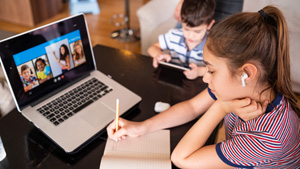
Make Plans for Your Child’s Education Now
School will be starting soon, and most districts have made changes to the educational day. Now is the time to meet with educators to discuss your child’s academic accommodations.

Does My Child Need a Tutor or a Coach?
You may wonder if your child will need additional support in these unsettled times, whether or not there is an IEP or 504 plan in place. If you’re unsure, first differentiate between tutoring and coaching as activities, and then identify the professionals who offer these services.

How to Write a Teacher Letter
No matter how your child’s school is handling the school year, it’s more important than ever to communicate with the teacher. Here’s how one parent helped new teachers to understand what did and did not work with his son.

Interactive Gaming System for ADHD Symptoms Approved
Could an interactive video game improve ADHD symptoms? A newly approved system could be added to ADHD treatment plans.
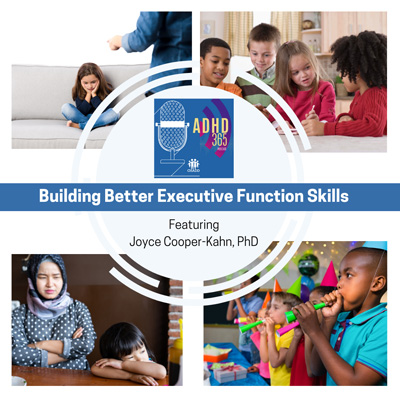
Podcast: Building Better Executive Function Skills
How does executive functioning relate to ADHD? How can you help children and teenagers build better executive function skills?

Understanding and Supporting Your Emerging Adult
Perhaps the most important thing parents can do is to communicate positively.

Navigating a Summer at Home
How do you structure an alternative summer with activities your child or teen (and you) can enjoy? These strategies offer the added benefit of helping to improve their executive function skills.

Telehealth for Teens and Young Adults with ADHD
Daily life during this pandemic continues to be unsettled and disrupted. Here are some suggestions if you find it affecting the emotional well-being of family members in this age group.

Getting Some Sunshine Could Help Lessen ADHD Symptoms
Is it a myth that sunshine can affect ADHD symptoms for some people? Researchers are exploring the possibility that it could be helpful.

Yoga for ADHD? Studies Show It Can Be Helpful
The slow, thoughtful movement could be helpful in reducing some ADHD symptoms.
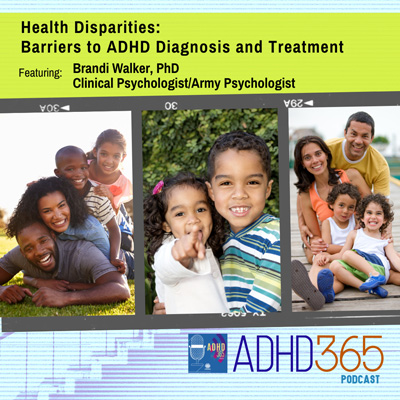
Podcast: Barriers to ADHD Diagnosis and Treatment
What are the consequences of late diagnosis and treatment for ADHD in underserved and disenfranchised communities?

Podcast: Helping African-American Students with ADHD Succeed
The African-American community is affected by ADHD at the same rate as other communities in the United States. However, barriers to evaluation and treatment for children with ADHD remain. Dr. Anita Stoddard discusses how we can overcome those barriers and create opportunities for success for African-American children.
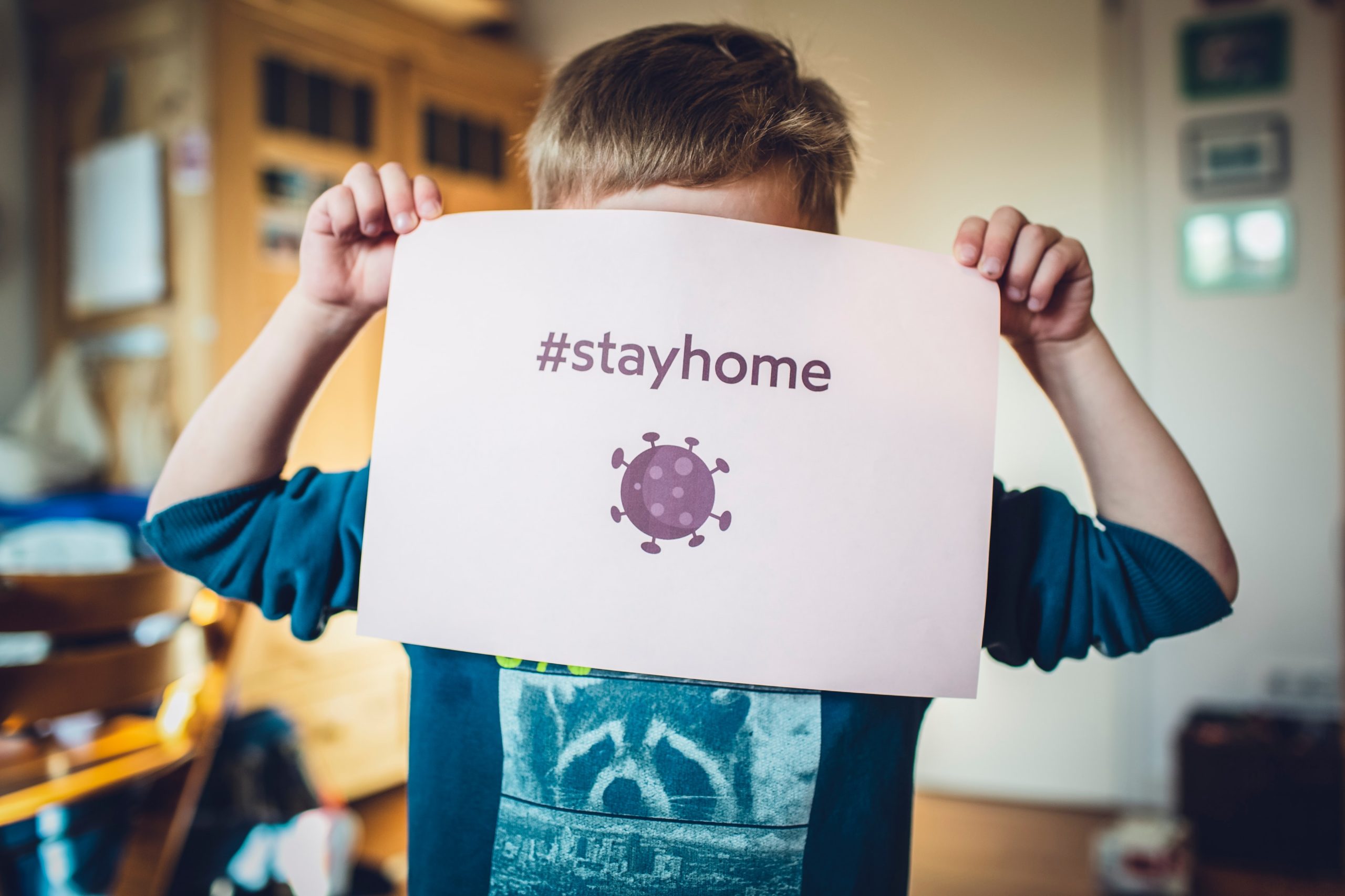
No Summer Camp? Now What?!
It’s time to create a Summer of COVID-19 plan for your child or teen. Consider holding your own “home camp.”

Suddenly Thriving
Some students with ADHD are surprising themselves and others during this unusual time.

Your Child’s Online Etiquette
Does your child with ADHD have trouble with socializing in the virtual world? Start a conversation using these five tips.

Students with ADHD Adapt to Online College Courses
Colleges suddenly closed their campuses this spring, and many will shift to online courses for the fall semester. Students with ADHD may need to take a different approach to succeed with this new challenge.
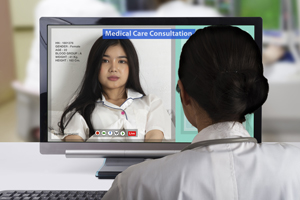
New Options for ADHD Treatment During COVID-19
New options are available for people being treated for physical, mental, or emotional illness during the social distancing required to prevent spread of the novel coronavirus, also referred to as COVID-19.
